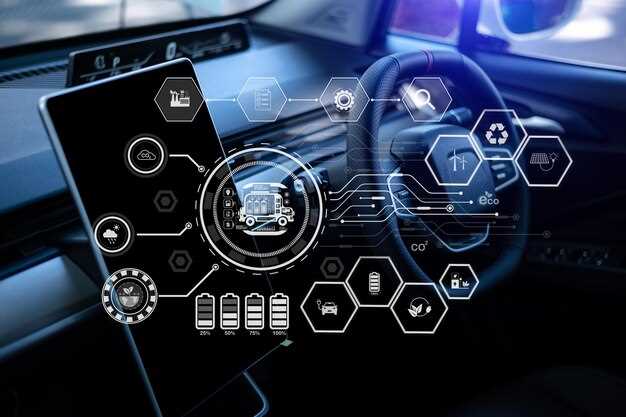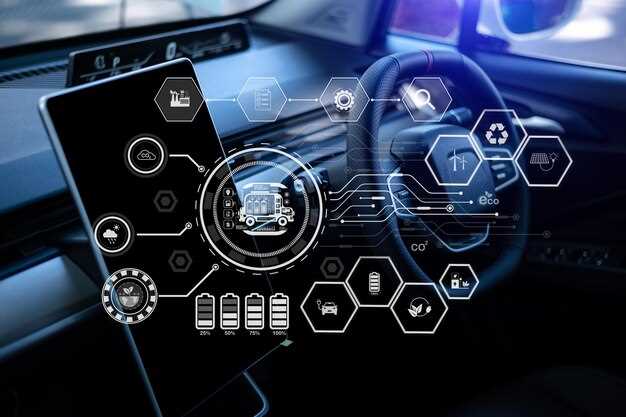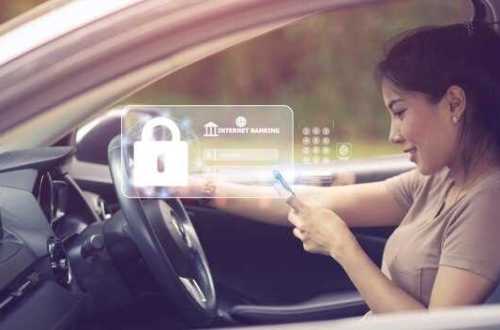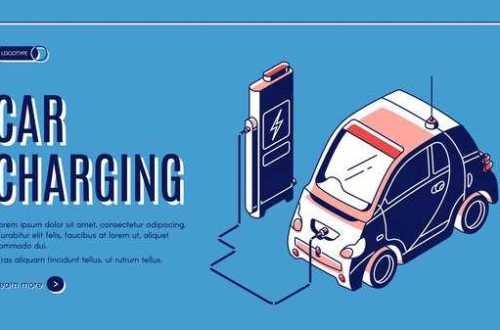
The automotive industry is undergoing a significant transformation driven by groundbreaking blockchain innovations. As vehicles become increasingly connected, ensuring their security has emerged as a top priority for manufacturers and consumers alike. The integration of blockchain technology offers a promising approach to enhance the security and efficiency of vehicle operations and ownership management.
One of the key benefits of blockchain in the automotive sector is its ability to create immutable and transparent records. This capability allows for secure tracking of a vehicle’s history, including ownership transfers, accident records, and maintenance logs. By providing a trustworthy platform for data verification, blockchain can significantly reduce fraud and manipulation, ensuring that potential buyers are fully informed about their prospective vehicle.
Moreover, blockchain can play a pivotal role in securing in-vehicle communications and data exchanges. As the number of connected devices within a vehicle increases, so does the potential for cyberattacks. Implementing blockchain-based solutions can help establish secure communication channels, protecting sensitive data and enhancing the overall security of the automotive ecosystem. As these innovations continue to evolve, they are set to redefine how we think about vehicle safety and ownership in the modern age.
Enhancing Vehicle Security with Decentralized Identity Solutions
Decentralized identity solutions leverage blockchain technology to improve vehicle security by providing unique, verifiable identities for each vehicle. This helps mitigate risks associated with vehicle theft, fraud, and unauthorized access. Utilizing blockchain’s immutable ledger, each vehicle can be assigned a digital identity that securely stores information such as ownership history, maintenance records, and accident reports.
By implementing decentralized identity solutions, automotive manufacturers can enhance the authenticity of vehicles. Every transaction related to a vehicle, from initial sale to subsequent owners, is recorded on the blockchain, creating a transparent and tamper-proof history. This ensures potential buyers can verify a vehicle’s legitimacy before making a purchase, significantly reducing the chance of fraud.
Furthermore, decentralized identity systems facilitate secure access control. Using blockchain, vehicles can interact with authorized users through cryptographic keys, which can be managed and updated without a central authority. This means that vehicle owners have full control over who can access their vehicle, whether through keyless entry systems or shared mobility services.
As the automotive sector continues to evolve, integrating decentralized identity solutions promises to enhance security measures and build trust among consumers. The fusion of blockchain technology with vehicle security not only protects assets but also fosters a new era of accountability and transparency within the industry.
Implementing Smart Contracts for Automated Maintenance Records

In the automotive sector, the integration of smart contracts can revolutionize how maintenance records are managed. By leveraging blockchain technology, these contracts can automate the documentation process for each vehicle. Each time a maintenance procedure is performed, a smart contract is triggered, recording the details in a secure and immutable manner.
These automated records provide a comprehensive history of the vehicle’s maintenance, which can enhance transparency and trust among stakeholders. Owners can easily access their vehicle’s service history, while dealerships and service providers can verify maintenance records without the risk of tampering. This increased visibility can lead to improved customer satisfaction and reduced fraud in the automotive market.
Furthermore, the use of smart contracts can enforce compliance with maintenance schedules recommended by manufacturers, ensuring that vehicles remain in optimal condition. If a scheduled maintenance task is missed, the smart contract can automatically notify the owner or service provider, helping to maintain vehicle safety and performance.
The security of blockchain technology plays a crucial role in this implementation. Each transaction related to maintenance records is encrypted and stored across a distributed network, minimizing the risk of data breaches. The decentralized nature of blockchain ensures that no single entity can alter the records, thereby preserving their integrity over time.
Smart contracts also facilitate seamless transactions between vehicle owners and service providers. Payments for maintenance can be automatically processed upon completion of the service, thereby streamlining the payment process and reducing administrative overhead.
In conclusion, implementing smart contracts for automated maintenance records enhances the management of vehicle maintenance, improves security, and fosters trust within the automotive ecosystem. This innovation not only benefits individual vehicle owners but also the broader automotive industry by promoting accountable and transparent practices.
Using Blockchain for Secure Vehicle-to-Vehicle Communication

The rise of connected vehicles has revolutionized the automotive sector, enhancing safety and efficiency through communication systems. A critical challenge in this context is ensuring the integrity and security of the data exchanged between vehicles. Blockchain technology offers a robust solution to address these concerns, providing a decentralized and secure framework for vehicle-to-vehicle (V2V) communication.
By leveraging blockchain, vehicles can communicate effectively while ensuring that the exchanged data is immutable and tamper-proof. Each vehicle can act as a node within the blockchain network, sharing real-time updates such as traffic conditions, hazard alerts, and maneuver intentions. This decentralized approach eliminates the risk of a single point of failure, making the communication system more resilient against cyber-attacks.
Furthermore, blockchain enhances data privacy. Each vehicle can control the information it shares with others, reducing the chances of unauthorized access. Smart contracts can facilitate automated transactions between vehicles without revealing sensitive data, thus maintaining privacy while ensuring functionality. For instance, a vehicle can exchange messages with another vehicle regarding lane changes or obstacle detection, all while using cryptographic keys to verify the authenticity and integrity of the information.
In addition to security and privacy, blockchain can streamline the processes associated with V2V communication. By providing a shared ledger of events, vehicles can access historical data that aids in decision-making. This can improve traffic flow, reduce congestion, and ultimately contribute to safer roads. Moreover, the reliable nature of blockchain can foster trust among vehicles, encouraging more widespread adoption of cooperative driving strategies.
In conclusion, utilizing blockchain technology for secure vehicle-to-vehicle communication presents a significant advancement in making modern automotive systems safer, more efficient, and reliable. As the automotive industry continues to innovate, embracing blockchain will play a crucial role in enhancing V2V interactions and ensuring safer mobility for everyone on the road.





